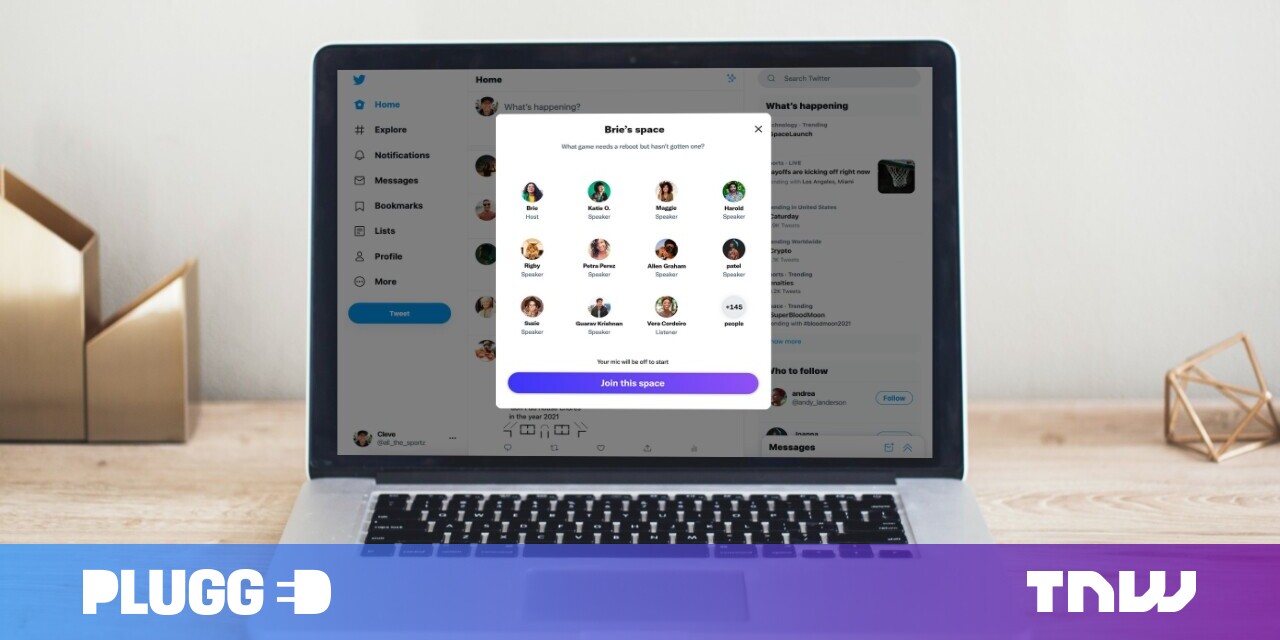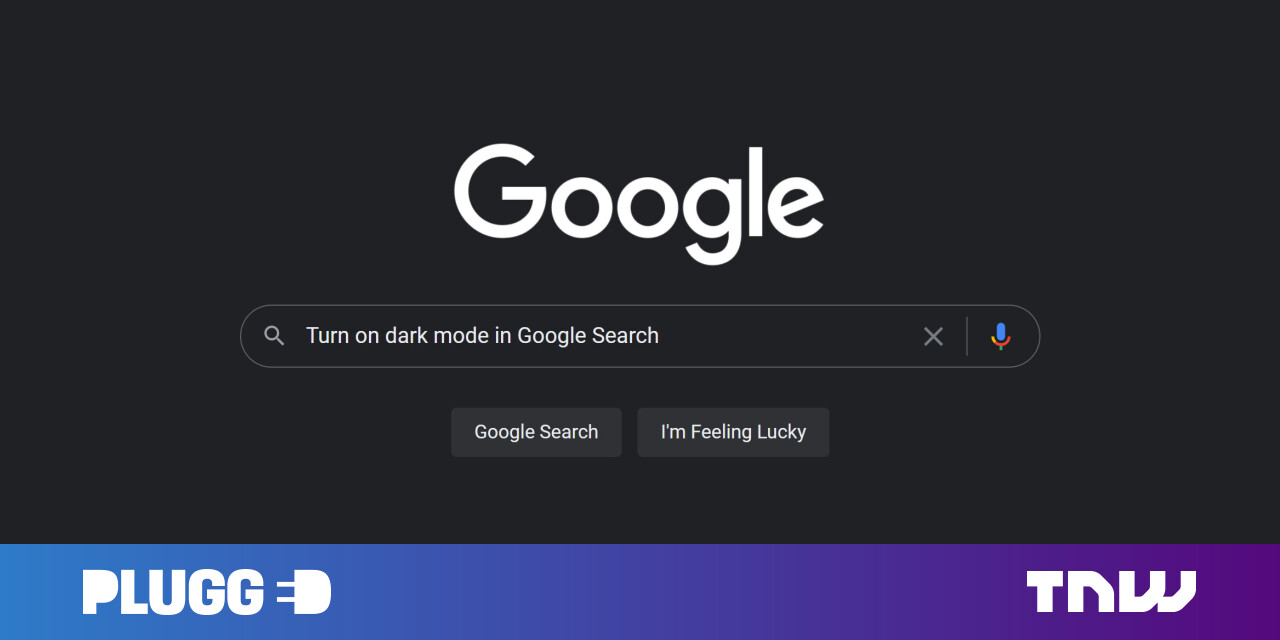#Insteon May Have Joined the List of Failed Smart Home Companies – Review Geek

Table of Contents
“Insteon May Have Joined the List of Failed Smart Home Companies – Review Geek”

Insteon may have gone out of business without warning its customers. The company’s smart home products haven’t worked since April 14th, its forums are offline, its phone is disconnected, and it hasn’t responded to questions from customers or the press.
Insteon Goes Dark
This news may not come as much of a surprise; Insteon’s been circling the drain for a while. The brand’s unique smart home system, which uses radio frequency and power line communication, failed to compete with Wi-Fi and Zigbee solutions. Insteon began neglecting social media in 2019, and it made its last blog post in the early weeks of COVID-19.
Still, Insteon users are dedicated to the brand and its reliable technology. Thousands of people have stuck with Insteon through thick and thin, buying deeper into the product ecosystem despite its obvious lack of popularity (we got a ton of flack for criticizing Insteon in 2018). Now, these users are stuck with hunks of plastic that flash red and refuse to perform basic tasks. (Ironically, the Insteon website says that its servers are functioning normally.)
It seems that Insteon’s leadership is ignoring the situation. Or, at the very least, avoiding backlash from angry customers. The Insteon “leadership bios” page now shows a 404 error, and as Stacey on IOT notes, Insteon CEO Rob Lilleness no longer lists the company in his LinkedIn profile. Other higher-ups at the company list that their job ended in April of 2022. (I should note that Rob Lilleness bought Insteon and Smartlabs in 2019, promising big things for the smart home brands.)
Insteon also appears to have shut down its forum and terminated its phone service. Smartlabs and Smarthome.com, which are associated with Insteon, are similarly unreachable. Additionally, Reddit users in Irvine say that the Insteon offices are closed, though the closure hasn’t been confirmed.
While Insteon hasn’t shared any info with customers or the press, Home Assistant says that the brand’s out of business. Bear in mind that Home Assistant may be speculating here.
What Can Insteon Customers Do?

If Insteon is out of business, it’s probably time to shop for some new smart home devices. But those who are relatively tech-savvy can get their Insteon devices working again with a local server solution.
Home Assistant is an open-source software that lets you turn a dedicated device, such as a Raspberry Pi or an old laptop, into a smart home server with Google Assistant and Alexa capabilities. Setting up the service with Insteon takes a bit of work, but it’s a solid option if you own a ton of Insteon products.
Those who are willing to spend a bit of money can try Homeseer. The benefit here, aside from Homeseer’s robust software, is that the company sells hubs that you can turn into smart home servers. But these hubs are intended for Z-Wave devices; you need to buy software plugins to get Insteon working with Homeseer hardware.
Note that without Insteon servers, you cannot set up new Insteon devices. If you format your old Insteon products, they will never work again.
Lesson Learned: Smart Homes Aren’t Forever

Appliances should work until they physically break. But in the world of smart homes, stuff can break for reasons that are completely outside your control. A brand may decide to drop support for a product, for example, or it may go out of business and completely shutter its cloud servers.
Insteon may be the latest example of this problem, but it’s far from the first. We saw the Wink hub die last year, and Lowe’s shut down its Iris servers back in 2018, leaving customers in the dark. And with the coming rise of Matter, a new smart home unification standard, brands that fail to keep up with the times will surely disappear.
Your smart home products can also lead to major security risks. Last month, we learned that Wyze discontinued its first camera because it couldn’t resolve a software vulnerability. What’s worse, this vulnerability went unannounced for several years. Other products, and not just those from Wyze, may contain similar problems.
Major smart home manufacturers have failed to address this problem, leaving companies like Home Assistant, Homeseer, and Hubitat to pick up the pieces. These small companies are not a true solution—at best, they’re a Band-Aid for tech-savvy smart home users.
Clearly, it’s time for smart home users to demand change from manufacturers. If these manufacturers can collaborate on Matter, then they should have no trouble building a standard that ensures product usability without the cloud. Even if this standard requires new hardware, it will be a major step up from our current situation.
Source: Stacey on IOT
If you liked the article, do not forget to share it with your friends. Follow us on Google News too, click on the star and choose us from your favorites.
For forums sites go to Forum.BuradaBiliyorum.Com
If you want to read more like this article, you can visit our Technology category.




